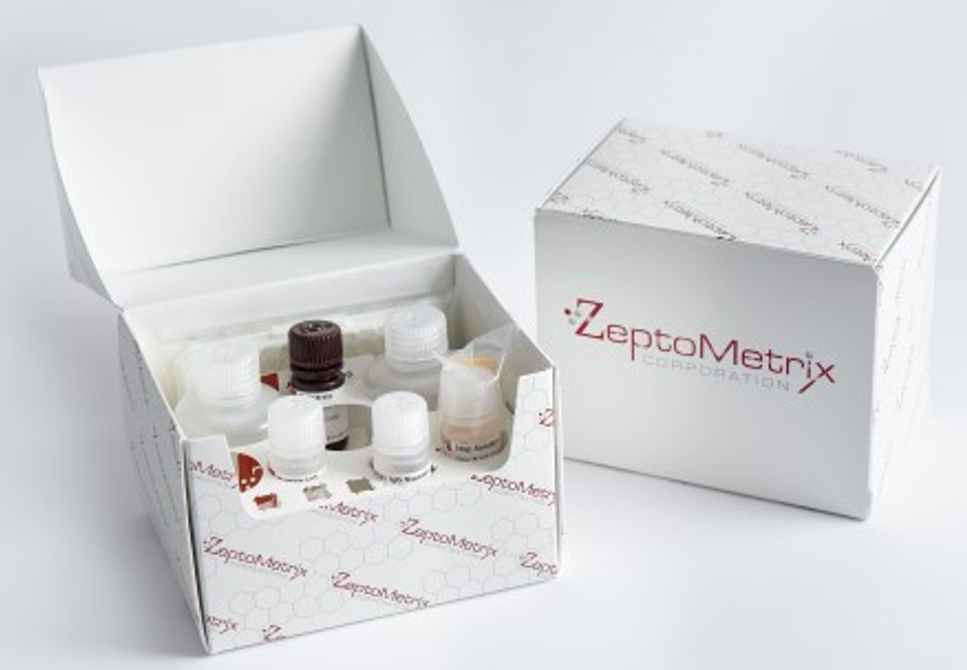Hepatitis C, a liver infection caused by the Hepatitis C virus (HCV), can silently progress for years, potentially leading to serious complications like cirrhosis and liver cancer. Early detection is crucial for timely treatment and preventing these health risks. This is where ELISA (enzyme-linked immunosorbent assay) comes in as a powerful tool in the fight against Hepatitis C.
Why Early Detection Matters in Hepatitis C
Hepatitis C often shows no symptoms in its early stages. By the time symptoms like fatigue, abdominal pain, or jaundice appear, the virus may have already caused significant liver damage. Early detection, however, allows for prompt treatment, which can:
- Improve Treatment Success Rates: Early treatment with antiviral medication offers a higher chance of achieving a sustained virologic response (SVR), which means the virus is undetectable in the blood, significantly reducing the risk of complications.
- Prevent Liver Damage: Early intervention helps minimize liver damage caused by HCV, potentially preventing complications like cirrhosis and liver failure.
- Reduce Transmission Risk: Individuals with chronic HCV infection can unknowingly transmit the virus to others. Early diagnosis and treatment can help prevent further spread of the disease.
ELISA: A Reliable Ally in Early Detection
ELISA is a widely used and highly reliable blood test for detecting HCV antibodies. Here's how it works:
- Blood Sample: A healthcare professional takes a blood sample.
- Antigen Binding: The blood serum is exposed to a plate coated with HCV antigens (proteins).
- Antibody Detection: If HCV antibodies are present in the blood (indicating current or past infection), they will bind to the specific HCV antigen.
- Enzyme Reaction: An enzyme linked to an antibody against human antibodies is added. If HCV antibodies were bound, the enzyme will react with a substrate to produce a color change.
- Colorimetric Readout: The intensity of the color change is measured by a specialized reader. A higher intensity indicates a greater presence of HCV antibodies.
Benefits of ELISA for Early Detection of Hepatitis C
- Widely Available: ELISA is a common test routinely performed in most healthcare settings.
- Reliable: ELISA offers high sensitivity and specificity, meaning it accurately detects HCV antibodies while minimizing false positives.
- Cost-Effective: Compared to some other diagnostic tests, ELISA is a relatively inexpensive option.
- Scalable: ELISA allows for processing multiple samples simultaneously, making it suitable for large-scale screening programs.
ELISA plays a vital role in identifying individuals who might be unaware of their HCV infection. This allows for early intervention, improving treatment outcomes and reducing the burden of Hepatitis C on individuals and healthcare systems. Standardized controls tool like NATtrol® Human Hepatitis C Virus HCV from Gentaur, a leading biotechnology products supplier, can further ensure the accuracy and consistency of ELISA tests in laboratories. This heightened reliability is especially important for early detection, where even minor variations in test results can impact patient care decisions.
Beyond ELISA: A Comprehensive Approach
While ELISA is a valuable tool, it's important to note that a positive test alone doesn't confirm an active infection. A confirmatory test, often a viral load test, is typically needed to diagnose an active HCV infection.
Taking Action for Early Detection
If you are at risk for Hepatitis C due to factors like past intravenous drug use, blood transfusions before 1992, or having an infected partner, talk to your healthcare provider about getting tested. Early detection with ELISA followed by proper treatment can significantly improve your health outcomes and prevent further transmission of the virus. Let's work together to fight Hepatitis C with early detection and effective treatment strategies.
